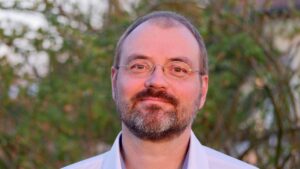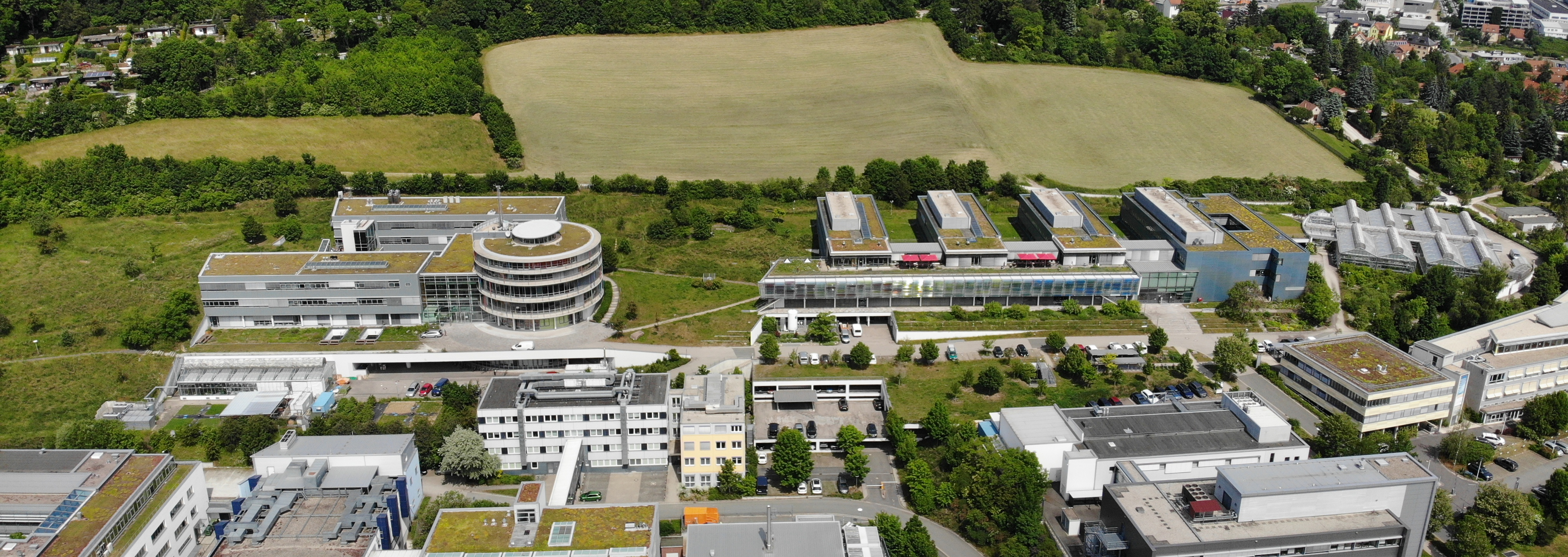
Where biogeochemistry and biodiversity meet
2nd June 2022 | 2.25 pm – 2.45 pm
Hans-Knöll-Straße 10, 07745 Jena, Germany
BGC Lecture Hall
Zoom: will be provided
Session 2 – Processes shaping biosphere-atmosphere interactions (Susan Trumbore, moderator)
2nd June 2022 | 1.30 pm – 3.30 pm
Abstract
Of the two planetary crises, climate change and biodiversity loss, it was the first one that received broad public attention starting in the late 1970s even before the term ‚biodiversity‘ was coined – and that later inspired the establishment of the Max-Planck-Institute for Biogeochemistry. There could have been many ways to design research for an institute devoted to biogeochemistry, but the background and the visionary power of the founding directors put the relevance of biodiversity for biogeochemical cycles on the agenda from day one. Today – 25 years later – international research and policy programs reflect the notion that there is actually only ‘one crisis’ and that climate change and biodiversity have to be viewed and investigated jointly. In this context, biodiversity is both a victim and a cure. The last IPBES report estimates that climate change is responsible for about 15% of the recent biodiversity loss. On the other hand, we learned that biodiversity may combat and mitigate climate change by, e.g., carbon sequestration, buffering consequences of climate extremes, lending persistence to natural ecosystems and thus slowing down biome boundary shifts. Taking a personal view, I will trace the strong influence of the MPI-BGC on the development of functional biodiversity research in the region and worldwide and will present key findings and accomplishment – shaping todays policies – that would not have been possible without the interdisciplinary mindset and the successful operation of this unique institute.
Biography
Christian Wirth, born in Tripoli/Libya in 1969, studied biology at the University of Bayreuth from 1990 and completed his doctorate in May 2000 with his work on fire-carbon cycle interactions in Siberian forests at the Max Planck Institute for Biogeochemistry in Jena. He continued his work on boreal forest biogeochemistry and population ecology during his postdoc time in the US at Princeton University, New Jersey, and University of Fairbanks, Alaska and in Russia (Russian Academy of Science, Krasnoyarsk). He returned to the MPI-BGC as head of an independent junior research group (2005–2009) for ‘Organismic Biogeochemistry’ During this time, he started the development of the TRY database of plant traits together with Dr. Jens Kattge. In 2009, Christian Wirth was appointed Professor of Special Botany and Functional Biodiversity at the University of Leipzig and Director of the Botanical Garden of the University of Leipzig. He serves as speaker of the German Centre for Integrative Biodiversity Research (iDiv) Halle-Jena-Leipzig since 2012 and runs the Leipzig Canopy Crane platform as well as the Research Arboretum in Großpösna. Christian Wirth works at the interface of biogeochemistry and functional biodiversity research combining experiments in grasslands and forest in Germany and China, observations in many boreal, temperate and tropical systems, biogeographical meta-analyses based on forest inventories and models. More recently, he focused on biodiversity conservation with his local work in the Leipzig floodplain forest and by leading a national biodiversity assessment (BMBF Faktencheck zum Erhalt der Artenvielfalt).
